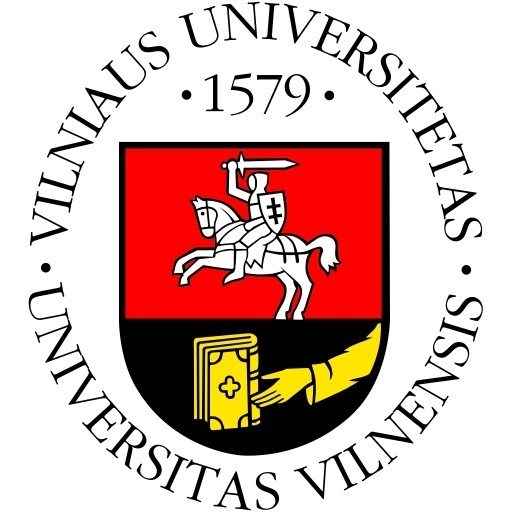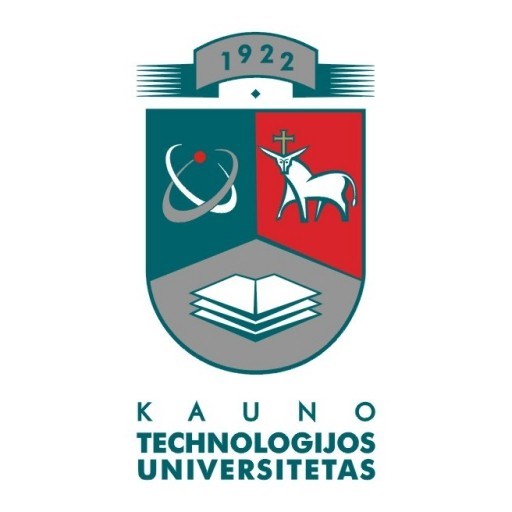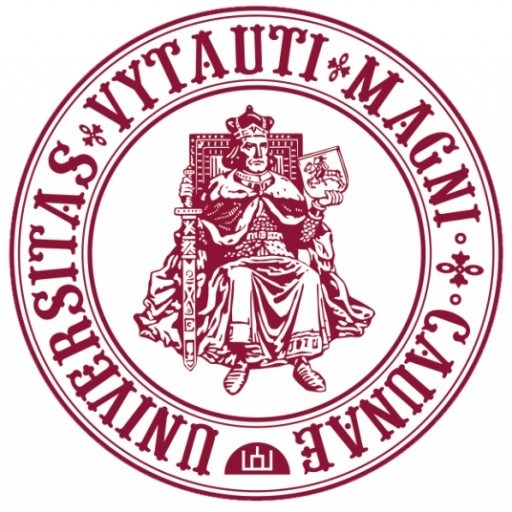Photos of university / #ismuniversity
The Finance program at the University of Management and Economics is designed to equip students with comprehensive knowledge and practical skills necessary to excel in the dynamic world of finance. This bachelor's degree course combines theoretical foundations with real-world applications, providing a solid understanding of financial principles, markets, and instruments. Students will explore areas such as corporate finance, investment analysis, financial management, banking, and insurance, preparing them for a wide range of careers in the financial sector. The curriculum emphasizes analytical thinking, quantitative skills, and ethical considerations, enabling graduates to make informed financial decisions and solve complex economic problems. Throughout the program, students will engage in case studies, simulations, and internships to gain hands-on experience and foster critical thinking. The faculty comprises experienced professionals and researchers dedicated to delivering high-quality education and mentorship. Graduates of the Finance program will be well-positioned to pursue careers in banking, investment firms, financial planning, consulting, and corporate finance departments, or to continue their education at the postgraduate level. The university's modern facilities, extensive industry connections, and supportive learning environment ensure that students are prepared to meet the demands of the ever-evolving financial landscape. With a focus on both theoretical knowledge and practical skills, the program aims to develop skilled finance specialists who can contribute effectively to economic development and business success locally and globally.
|
Main courses |
Elective courses |
|
|
Autumn semester |
Spring semester |
|
|
- Principles of Finance - Personal Finance - Statistical Data Analysis - Econometrics - Bachelor Thesis - Internship
|
- Business English II - Financial Markets and Institutions - Financial Management - Social Responsibility and Ethics in Global Business - Investment Management - Advanced Financial Accounting - Business Information Systems* (*starts from 2014) - Academic Writing and Presentation Skills |
Group B - Business Law - International Business - Carreer and professional development - Organizational Leadership - Creative Inteligence and Innovation - Doing Business in BRIC Markets - Audit |
Applicants for undergraduate studies at the ISM University of Management and Economics must have at least secondary or equivalent education certified by documents. There are no entrance examinations. Applicants are ranked according to their competitive score. All successful applicants will sign a Study Contract with ISM.
1. Secondary school diploma;
2. TOEFL (IBT minimum score 60) or IELTS academic (minimum score 5.5) test certificate (Applicants whose native or main study language is English are excused from talking the English language test). The Testing is possible at ISM (For more information, please contact the Admissions’ Office);
3. Final secondary school exams or grades in:
Mathematics
History
One of the following subjects: Geography / Biology / Information technology / Second foreign language (In case a History exam was not taken, then two of the listed subjects are required)
4. Annual grade:
English language.
5. Additional points for national and international competitions (Economics, Management, Politics or Equivalent. Copy of certificate must be added to application).
6. Filled form
The following documents must be submitted to the Admissions’ Office:
Please note that applications missing any of the listed documents will not be considered.
Filled application form in English (Paper version can be found at the end of Guide to application document: page 9-10, paper version should be filled, signed, scanned and attached together with other application documents);
Copy of the secondary education diploma and supplement translated to English and notarized(submit copies and show original);
Proved English language skills, which should meet the requirements of Upper Intermediate level of higher. Valid results of TOEFL (at least 60 IBT), IELTS (at least 5,5) tests. If none of these tests has been taken, a test will be organised at ISM. For more information, please contact the BS Admission Committee;
A copy of passport pages containing photo and information about identity (submit copies and show original);
(Optional) Documents proving achievements in national and international competitions (Economics, Management, Politics or Equivalent. Copy of certificate must be added to application).
Education evaluation from The Lithuanian Study Quality Assessment Centre (SKVC) and prescript of Ministry of Education and Science submit copies and show original);
Proof of adequate financial resources to cover the tuition fee and the living costs in Lithuania (template on page 11, paper version should be filled, signed, scanned and attached together with other application documents );
Receipt, certifying the payment of the application fee. The application fee 50 EUR. Payment shall be transferred to the bank account indicated on page 6);
Applicants whose documents, submitted to the Admissions’ Office, were issued under different surnames must submit a notarized copy of the document confirming surname change.
Documents for Visa. If you require Visa to enter Lithuania or TRP (Temporary Residence Permit), please be aware of additional required documents:
Information on source of income during studies (approx. 250 EUR/month)
Copy of confirmation of place of residence in Lithuania;
Any additional information.
The Finance program at the University of Management and Economics is designed to provide students with comprehensive knowledge and practical skills in the field of financial management, investment analysis, banking, and economic theory. The program aims to develop graduates who are capable of applying financial principles to real-world problems, making strategic decisions, and understanding the functioning of financial markets and institutions. The curriculum includes core courses such as Financial Accounting, Corporate Finance, Investment Analysis, Risk Management, Banking and Financial Markets, International Finance, and Financial Law. Students also have opportunities to participate in internships, case studies, and seminars to enhance their practical understanding of financial operations. The program emphasizes analytical skills, quantitative methods, and the use of modern financial software, preparing students for careers in banks, investment firms, consultancy agencies, and corporate finance departments. Students are encouraged to undertake research projects and participate in international exchange programs to broaden their perspectives and adapt to global financial environments. The program's faculty comprises experienced professionals and researchers dedicated to providing quality education and mentorship. Graduates of the Finance program will be equipped to pursue careers such as financial analyst, investment banker, financial manager, risk assessor, or financial consultant. The program also provides a solid foundation for students interested in continuing their education through postgraduate studies in finance or related fields. Overall, the Finance program at the University of Management and Economics combines theoretical knowledge with practical application, aiming to prepare students for successful careers in the dynamic and ever-changing financial sector.
The Finance program at the University of Management and Economics offers students a comprehensive education in the fundamental and advanced concepts of financial management, investment analysis, banking, and fiscal policy. Designed to prepare graduates for dynamic careers in finance, banking, investment firms, and corporate finance departments, the program emphasizes analytical skills, practical knowledge, and ethical considerations in financial decision-making. The curriculum typically includes courses in financial accounting, corporate finance, financial markets and institutions, risk management, international finance, and financial regulations. Students also have opportunities to develop proficiency in financial modeling, data analysis, and the use of specialized financial software.
The program aims to cultivate critical thinking and problem-solving abilities, enabling students to assess financial opportunities and risks effectively. It combines theoretical foundations with practical applications through case studies, internships, and projects, aligning academic learning with real-world financial environments. The faculty comprises experienced educators and industry professionals, providing students with mentorship and insights into current trends and challenges in the financial sector. Students are encouraged to participate in seminars, workshops, and conferences to enhance their understanding and network within the industry.
Graduates of the Finance program are equipped to undertake roles such as financial analysts, investment advisors, risk managers, financial consultants, and managers in various financial institutions. The program also offers pathways for postgraduate studies and professional certifications, supporting long-term career development. The university’s strong connections with local and international financial organizations provide students with valuable internship and employment opportunities. Emphasizing innovation, ethics, and global perspectives, the program prepares students to meet the evolving demands of the financial industry in a globalized economy.




